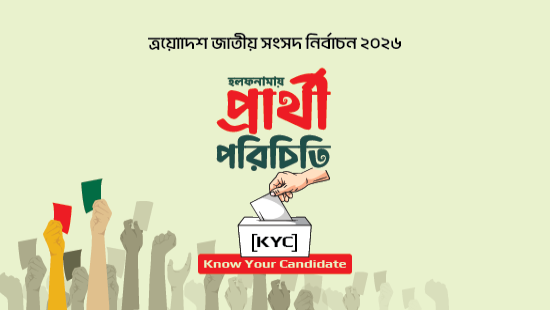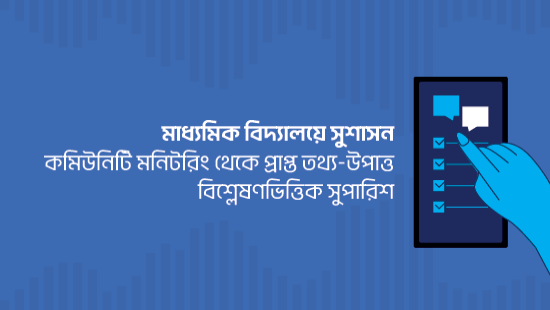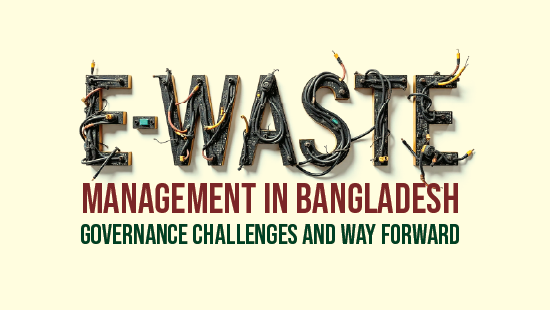Published: 25 February 2025
Despite the introduction of Bangladesh’s e-Government Procurement (e-GP) system with support from the World Bank, corruption, political influence, and collusive bidding continue to undermine its effectiveness. Research shows that many contracts attract very few bidders and a small group of contractors dominate the market, creating an environment that limits fair competition. The behavior of market actors is shaped by their ability to coordinate actions, maintain internal discipline, and prevent new entrants from participating, which can reinforce anti-competitive practices.
This study aims to examine the dynamics of Bangladesh’s e-procurement market, exploring how market concentration and collusive behavior affect competition and fairness. Understanding these factors is crucial to assess whether the e-GP system promotes transparency, equal opportunity for all contractors, and reduces the risk of misconduct.
The data, collected from the e-GP portal, span the years 2012 to 2024.
For More Details -






